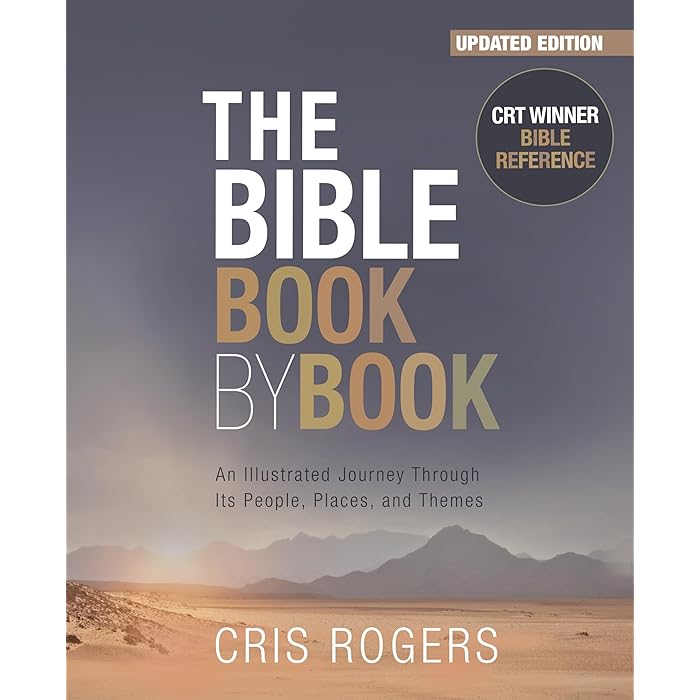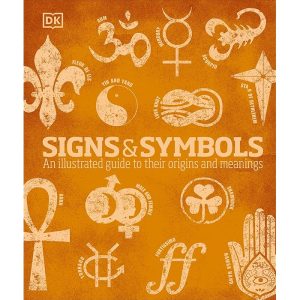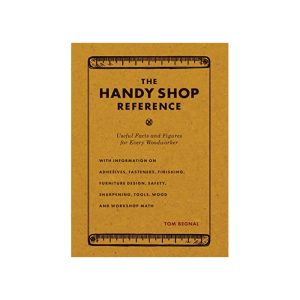Description
The Bible is divided into two main sections: the Old Testament and the New Testament. Each section contains multiple books, and each book has its own themes, authorship, and purpose. Here is a brief overview of each book of the Bible:
### **Old Testament (39 Books)**
1. **Genesis** – The story of creation, the first humans, the early history of Israel, and God’s covenant with the patriarchs (Abraham, Isaac, Jacob).
2. **Exodus** – The deliverance of the Israelites from slavery in Egypt, their journey through the wilderness, and the establishment of God’s covenant with them.
3. **Leviticus** – Laws and regulations for worship, sacrifices, and holy living for the Israelites.
4. **Numbers** – The census of the Israelites and their journey through the wilderness toward the Promised Land.
5. **Deuteronomy** – Moses’ final speeches, summarizing the laws and preparing Israel for entering the Promised Land.
6. **Joshua** – The conquest and settlement of Canaan under Joshua’s leadership.
7. **Judges** – The period of Israel’s history between Joshua and the establishment of the monarchy, marked by cycles of sin, judgment, and deliverance.
8. **Ruth** – The story of Ruth, a Moabite widow who becomes an ancestor of King David.
9. **1 Samuel** – The life of Samuel, the rise of Saul as the first king of Israel, and the anointing of David.
10. **2 Samuel** – The reign of King David, including his successes and failures.
11. **1 Kings** – The reign of Solomon, the division of the kingdom, and the history of Israel and Judah’s kings.
12. **2 Kings** – The continuation of the history of the kings of Israel and Judah, leading to the fall of both kingdoms.
13. **1 Chronicles** – A retelling of Israel’s history from Adam to the reign of David, with a focus on the Davidic dynasty.
14. **2 Chronicles** – The history of Judah, emphasizing the temple and the kings who followed David.
15. **Ezra** – The return of the exiled Jews from Babylon and the rebuilding of the temple.
16. **Nehemiah** – The rebuilding of Jerusalem’s walls and the restoration of the people under Nehemiah’s leadership.
17. **Esther** – The story of Queen Esther, who saves the Jewish people from a plot to destroy them.
18. **Job** – The story of Job’s suffering and his search for answers about God’s justice.
19. **Psalms** – A collection of songs, prayers, and poems attributed to various authors, including David.
20. **Proverbs** – A collection of wise sayings and teachings, largely attributed to Solomon.
21. **Ecclesiastes** – Reflections on the meaning of life, often focusing on the futility of earthly pursuits apart from God.
22. **Song of Solomon** – A poetic exploration of love, often interpreted as an allegory of God’s love for His people.
23. **Isaiah** – Prophecies about judgment and restoration, focusing on both the immediate future and the coming Messiah.
24. **Jeremiah** – The prophecies and lamentations of the prophet Jeremiah, warning of Judah’s impending judgment and exile.
25. **Lamentations** – A series of poems mourning the fall of Jerusalem and the destruction of the temple.
26. **Ezekiel** – Prophecies of judgment, the exile, and the future restoration of Israel.
27. **Daniel** – The story of Daniel’s life in Babylon and his prophecies concerning future kingdoms.
28. **Hosea** – A prophetic message focusing on Israel’s unfaithfulness to God, illustrated through Hosea’s marriage.
29. **Joel** – Prophecies of the coming “Day of the Lord” and the outpouring of God’s Spirit.
30. **Amos** – A call for justice and righteousness, denouncing Israel’s social injustices.
31. **Obadiah** – A brief prophecy against the nation of Edom.
32. **Jonah** – The story of Jonah’s reluctant mission to call the people of Nineveh to repentance.
33. **Micah** – Prophecies of judgment and restoration, highlighting the coming Messiah.
34. **Nahum** – A prophecy about the fall of Nineveh, the capital of Assyria.
35. **Habakkuk** – A dialogue between the prophet and God about the problem of evil and suffering.
36. **Zephaniah** – Prophecies of judgment and hope, emphasizing the coming “Day of the Lord.”
37. **Haggai** – A call to rebuild the temple after the return from exile.
38. **Zechariah** – Visions and prophecies encouraging the rebuilding of the temple and the coming Messiah.
39. **Malachi** – A message calling Israel to repentance and renewal, with a promise of the coming of Elijah before the “Day of the Lord.”
—
### **New Testament (27 Books)**
1. **Matthew** – The life, teachings, death, and resurrection of Jesus, with a focus on His fulfillment of Old Testament prophecies.
2. **Mark** – The shortest Gospel, emphasizing the actions of Jesus and His authority.
3. **Luke** – A detailed account of the life of Jesus, with a focus on His compassion and the universality of His message.
4. **John** – A theological Gospel that emphasizes the divinity of Jesus and His relationship with the Father.
5. **Acts** – The history of the early church, focusing on the ministry of Peter and Paul.
6. **Romans** – A theological letter by Paul explaining the gospel of salvation and its implications.
7. **1 Corinthians** – Paul’s letter to the church in Corinth, addressing divisions, immorality, and church practices.
8. **2 Corinthians** – A follow-up letter in which Paul defends his apostleship and encourages generosity and reconciliation.
9. **Galatians** – A letter addressing the conflict between faith and the law, emphasizing justification by faith.
10. **Ephesians** – A letter encouraging the church to live out its identity in Christ, stressing unity and spiritual growth.
11. **Philippians** – A letter of joy and encouragement, urging believers to live humbly and joyfully in Christ.
12. **Colossians** – A letter focusing on the supremacy of Christ and the Christian life in Him.
13. **1 Thessalonians** – A letter offering encouragement to the Thessalonian church and teaching about the return of Christ.
14. **2 Thessalonians** – A follow-up letter addressing misunderstandings about the second coming of Christ.
15. **1 Timothy** – Instructions to Timothy on church leadership and sound teaching.
16. **2 Timothy** – Paul’s final letter to Timothy, encouraging him to remain faithful to the gospel.
17. **Titus** – Instructions for Titus on church leadership and godly living.
18. **Philemon** – A personal letter from Paul urging Philemon to forgive his runaway slave Onesimus.
19. **Hebrews** – A theological reflection on Christ as the fulfillment of Old Testament law and sacrificial system.
20. **James** – A letter focusing on practical Christian living, especially in relation to faith and works.
21. **1 Peter** – Encouragement to Christians facing persecution, urging them to live holy lives in light of their salvation.
22. **2 Peter** – A letter warning against false teachers and encouraging believers to grow in knowledge and holiness.
23. **1 John** – A letter focusing on love, fellowship, and the assurance of eternal life in Christ.
24. **2 John** – A brief letter warning against false teachers and encouraging truth and love.
25. **3 John** – A personal letter to Gaius, commending him for his hospitality and faithfulness.
26. **Jude** – A short letter warning against false teachers and urging believers to contend for the faith.
27. **Revelation** – A prophetic vision given to John, describing the ultimate triumph of Christ over evil, the final judgment, and the new heaven and earth.





Reviews
There are no reviews yet.